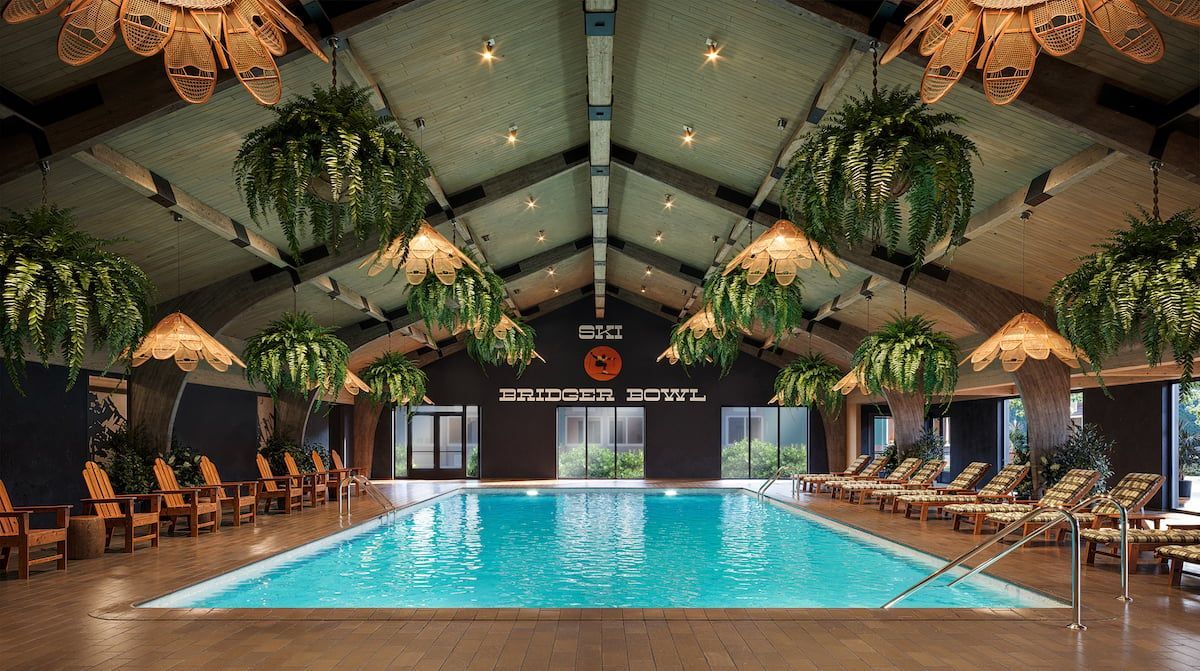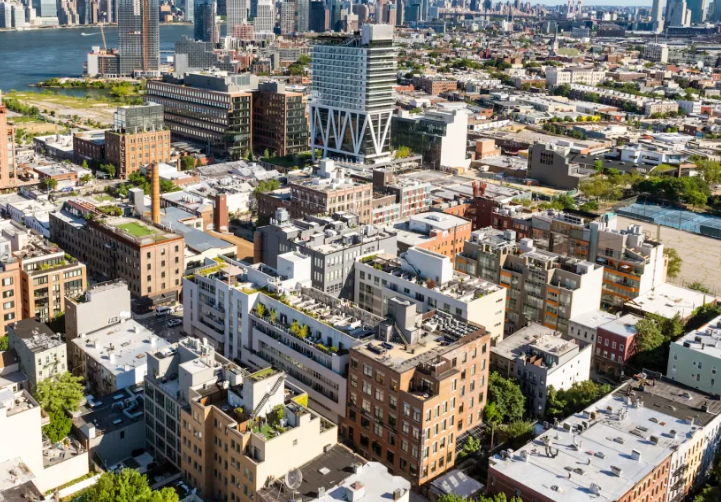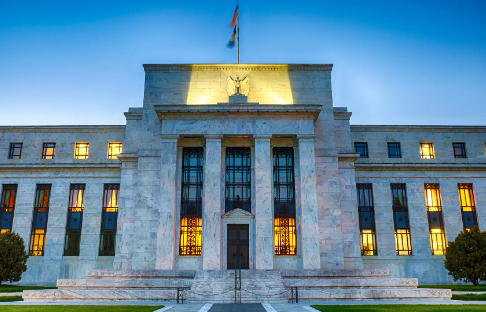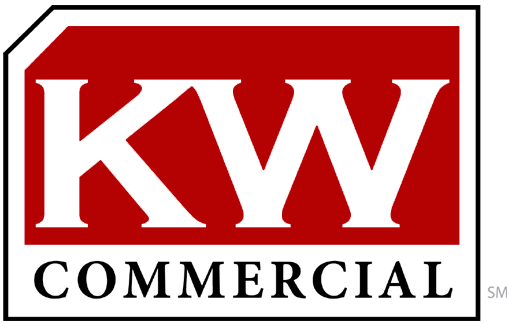Midweek Hotel Demand Trends: Insights on Business Travel Recovery
Inflation has boosted hotel rates, but occupancy has yet to fully recover.
NASHVILLE, Tennessee – Over the past few years, midweek hotel demand has shown a steady increase, with transient demand recovering faster than group demand. Despite this trend, the group segment is in a stronger position to reach full recovery, as factors like office attendance and new hotel supply pose challenges to transient demand growth.
Before the pandemic, Wednesdays were the peak day for U.S. hotel occupancy, driven primarily by corporate travelers. Between 2010 and 2019, Wednesday’s average combined occupancy rate of 66% was the highest for any weekday, reflecting consistent growth, particularly in the second half of the decade.
The pandemic, however, caused a drastic decline. As offices shut down and business travel dwindled, Wednesday occupancy, which stood at 68.4% in 2019, plummeted to 43.9% in 2020.
During the "Wednesdays are the New Wednesdays: Exploring Midweek Demand" session at the Hotel Data Conference, CoStar’s National Director of Hospitality Analytics, Jan Freitag, highlighted the sharp drop in occupancy.
"We went from selling 7 out of 10 rooms to just 4 out of 10," Freitag said. "But that 40% occupancy was actually a false positive because the second quarter was even worse."
Average daily rates (ADR) followed a similar trajectory, dropping by $32 year-over-year from 2019 to 2020. In 2019, 28.4 million transient hotel rooms were sold on Wednesdays, but that number fell to 12.7 million in 2020. Group bookings saw an even sharper decline, with 15.4 million group rooms sold on Wednesdays in 2019, falling to just 4.3 million in 2020.
Current Trends for Wednesday Occupancy
As of June 2024, Wednesday occupancy stands at 62.1%, slightly down from 62.5% the previous year. While still in recovery mode from the 68.4% occupancy seen in 2019, Freitag explained that the lag is expected given the current market dynamics.
"Demand hasn’t fully returned, and while the industry wasn't operating, new hotels were being built," Freitag said. "It will take some time to not only recover 2019 demand but also absorb the additional supply."
Since 2019, the supply of hotel rooms on Wednesdays has grown by 3%. Although supply has remained muted over the last eight quarters, this may benefit hotels aiming to boost occupancy rates.
In contrast to occupancy, rates for Wednesdays recovered to 2019 levels by 2022 and are now 50% higher than in 2020.
"On the rate side, it’s been a success story," Freitag said, attributing the faster recovery of rates to inflation. From 2016 to 2019, ADR grew by 6%, and from 2022 to 2023, it increased by the same percentage.
The Outlook for Business Travel
Midweek demand from Monday through Thursday remains below pre-pandemic levels, with transient demand down 3% and group demand down 8%. Despite this, Freitag remains optimistic about group demand recovery.
"I’m confident we’ll continue to see solid growth, especially in the latter part of the year, with strong numbers expected in September and October," Freitag said.
However, the outlook for transient demand is less certain. Even though transient demand is nearing 2019 levels, office attendance remains weak, with Kastle Systems’ Back to Work Barometer indicating that office occupancy is only at 50% of January 2020 levels. This reduced office presence has led to fewer business trips for meetings.
"If people aren’t in the office, there's less reason to travel for meetings," Freitag said. "You’re not going to fly from Nashville to New York to meet with someone working remotely from their home in Hoboken. That meeting will happen on Teams or Zoom."
In major markets like New York City, San Francisco, and Chicago, an increase in available class-A office space has correlated with lower upper-upscale hotel occupancy, highlighting the connection between business travel and hotel performance.
This combination of reduced business travel and increased hotel supply makes it difficult for downtown hotels to regain pre-pandemic occupancy levels.
"On the transient side, I still have questions about when we’ll fully recover," Freitag said. "But for group travel, it’s not a matter of if, but when."













